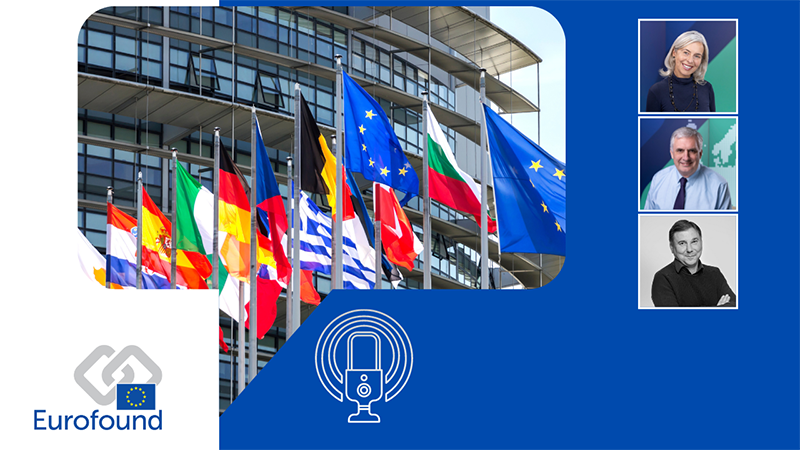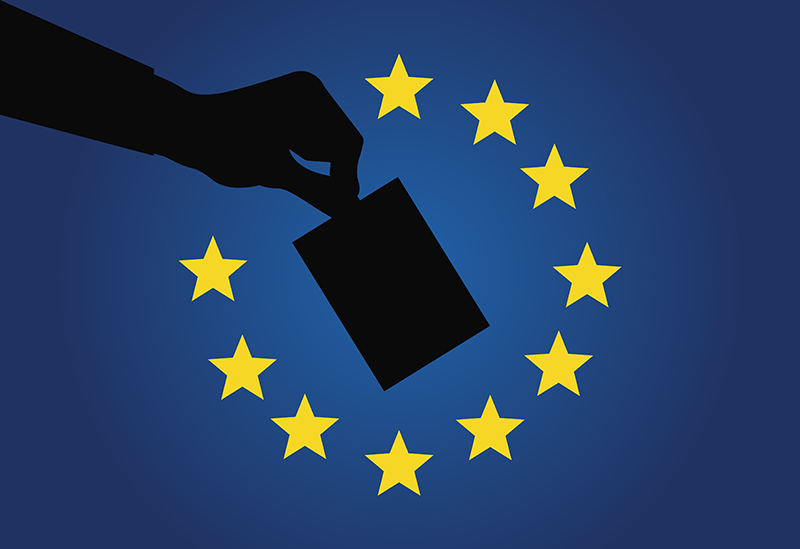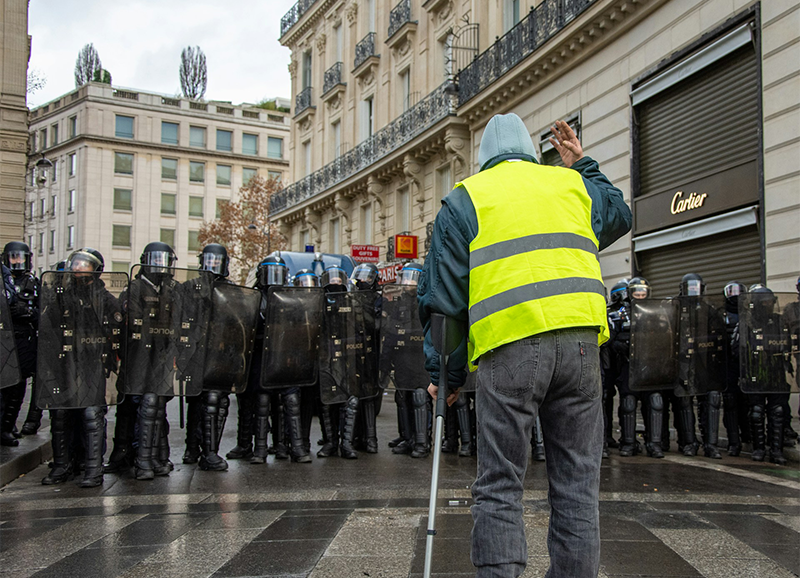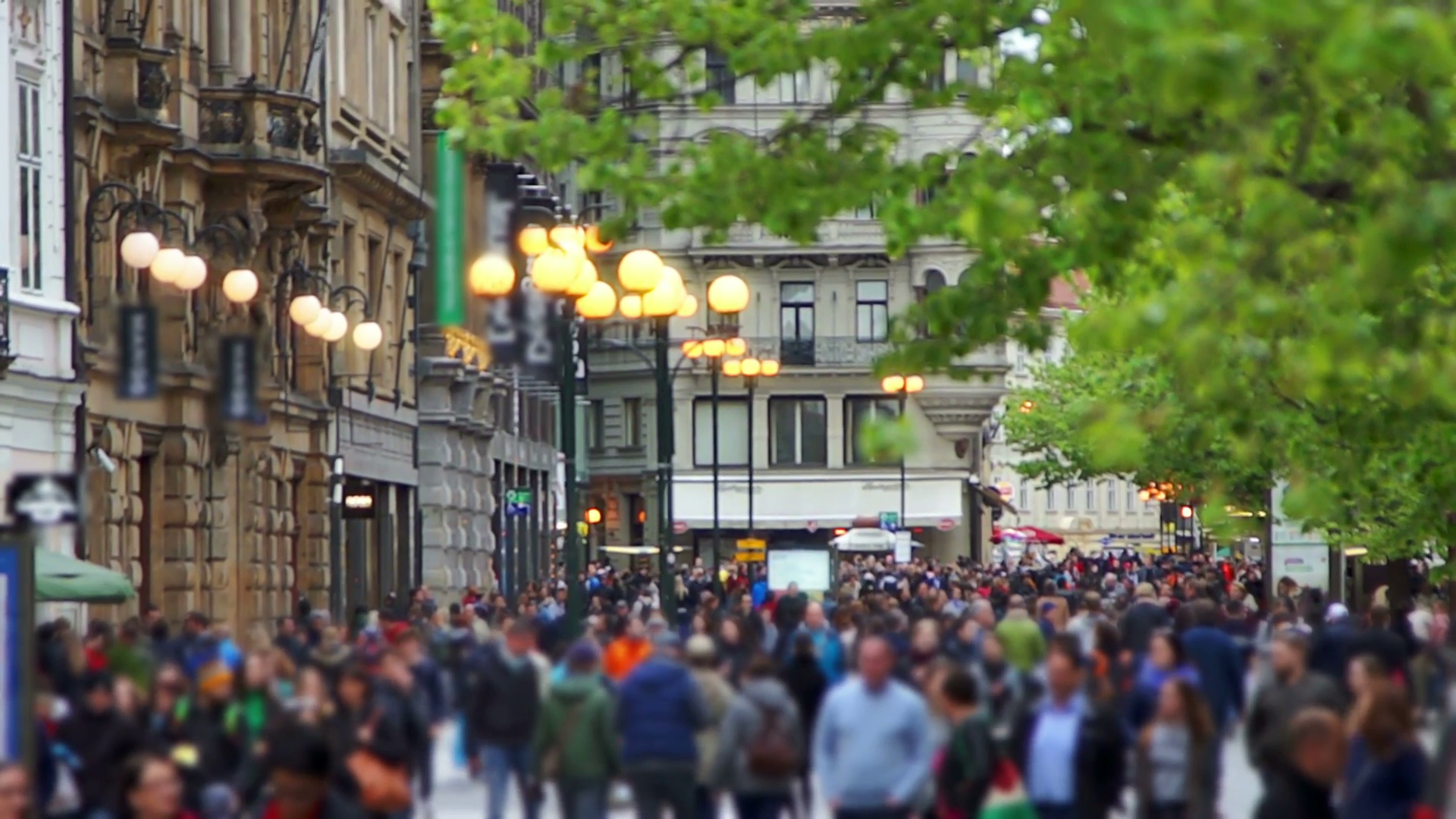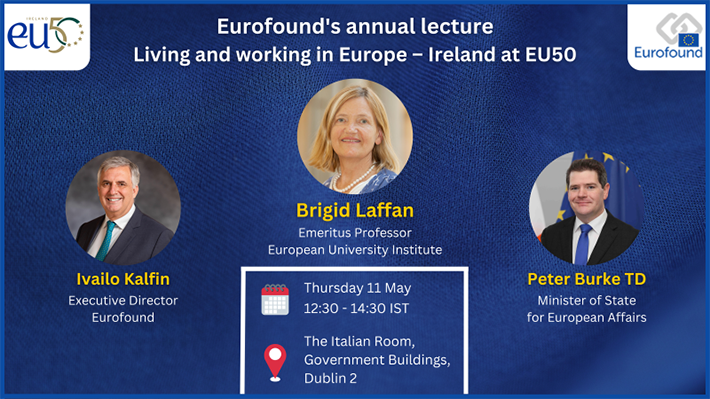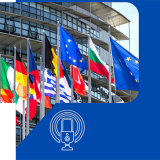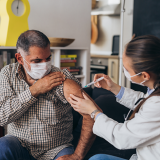Living and working in Europe 2023 covers a wide range of topics, including rising labour shortages and initiatives to address them, the impact of workplace stressors on health and well-being, the challenges of securing affordable housing, and developments in minimum wages across the Member States. It also highlights the connections between Eurofound’s work and EU policy priorities around the green and digital transitions, the right to disconnect, upward convergence and the rural–urban divide.
In this light, the yearbook puts the spotlight on a number of important research areas.

Employment
The EU labour market continued to demonstrate resilience in 2023 despite an economy struggling to avoid recession. The post-pandemic employment recovery has been particularly favourable to women and young workers. Despite the growth in employment, however, the average weekly hours worked in the economy continued on a long-term downward trend. The European economy will undergo major restructuring by the end of the decade as Member States endeavour to achieve a 55% reduction in greenhouse gas (GHG) emissions compared with 1990 levels, and this will have a significant impact on the structure of employment across sectors.
While the strong labour market continued to be a source of optimism in 2023 as confidence in other economic indicators wobbled, it is not delivering for many employers. Staffing shortfalls limit the ability of businesses to grow and put pressure on existing staff to fill the gaps.

Job quality
Work can have its downsides: depending on the job, poor pay, long hours, difficult colleagues, stressful situations … the list is long. It can have upsides too, equally lengthy in number: good pay, recognition, a sense of being socially useful, fulfilment, good work–life balance and so on – again, depending on the job. The downsides, the stressors, when we experience them too much, too often or too intensely, can harm us physically and mentally. But research on job quality tells us that the upsides, the resources, can help to mitigate the impact of the stressors.
The future of telework remains unsettled. So successful was the pandemic experience of working from home, everyone assumed it had become a fixture of workplace arrangements. Telework has undeniably become a norm, and businesses that resist are at a disadvantage in the current tight labour market. Among the issues exercising policymakers in the debate around telework, although relevant beyond telework arrangements, is the right to disconnect. The increasing use of digital tools tends to create an always-on work culture with an expectation that workers are available at any time. With out-of-hours contact so prevalent, do employees actually benefit from a right-to-disconnect policy?

Pay and social dialogue
The minimum wage increases set across the EU to apply in 2023 were unprecedented, much larger than in previous years, as Member States attempted to keep the earnings of the lowest-paid workers at a level in line with inflation. The cost of goods, and especially energy, rose sharply in 2022, and governments sought to regain the lost purchasing power of minimum wages in 2023. Pay in the EU has been outflanked by recent inflation, and the purchasing power of workers’ take-home pay is being eroded. Analysis of wage increases negotiated in the collective agreements for four sectors in 2022 found that real wage increases were higher for workers with lower wages.
The challenges ahead for the EU – including a just transition to a green economy, the increasing digitalisation of work and the possibilities of artificial intelligence, the emergence of new forms of employment – make a persuasive case for strong social dialogue.
Research focuses on:

Quality of life
Rural areas account for 83% of Europe’s land mass but are home to just a quarter of its population. The number of people living in rural areas is in seemingly inexorable decline as economic activity concentrates in cities, generating better jobs and prospects and drawing in each new generation from the countryside. And with the departing population go amenities and services, raising doubts about the viability of rural regions and the quality of life of residents. Of the various crises Europe battled in 2023, lack of affordable housing was high in the public consciousness. Strong demand combined with insufficient supply have been driving up house purchase prices and rents for several years in capital cities and other centres of employment. Social inequality extends into the built environment. The places in which people live shape their lives, affect their health and frame their existence in the world. What progress has the EU made on tackling poor housing and environmental quality?

Eurofound in 2024
Eurofound’s work programme for 2024, which operates within its multiannual work programme for 2021–2024, titled ‘Towards recovery and resilience’, is informed by the challenges to social cohesion and just transitions in an environment shaped by the impact of the war in Ukraine and the aftermath of the COVID-19 crisis. The aim is that the evidence produced from Eurofound research will contribute to policymaking on living and working conditions in the years ahead.
 Listen to our podcast series: Eurofound Talks
Listen to our podcast series: Eurofound Talks

